Is Jude Law the coolest actor alive? The star of ‘Sherlock Holmes’, ‘The Talented Mr Ripley’ and ‘Alfie’, among many others, chills out with LUX amid a plethora of classic cars to speak about beauty, gratitude, the importance of wearing hats – and how to serve the perfect whisky.

Jude Law with the Delahaye 135S classic racing car he drives from Italy to Monaco in the film ‘The Gentleman’s Wager II’
Jude Law looks very much at home leaning on a 1930s racing car. The British actor, who is as comfortable playing Shakespeare on stage as he is in a Hollywood movie, has a nonchalance, a motoring raffishness, that hark back to the era of Steve McQueen and James Dean, to which he adds charm. This son of south London schoolteachers has never lost his head, his roots or his nerve. We spoke to him about his life and career in a break from filming the latest Johnnie Walker Blue Label short film, The Gentleman’s Wager II, which sees him return from his exploits in the first Wager film. This time he takes a fancy to a sky-blue 1930s Delahaye 135S (worth north of £1 million today). To win it from his old friend and rival, played by Giancarlo Giannini, he has to race it from southern Italy to Monaco by noon the following day.
LUX: Have you ever taken part in a real-life wager?
Jude Law: You know what, I don’t think I have. In real life I’m not really a betting person, and I don’t get a massive thrill from it. So in a way I’ve bet vicariously through this adventure with Giancarlo in the last two Johnnie Walker films. I’m probably a bit too cautious in real life if I’m honest. I seem to live out most things in the roles I play as opposed to doing so in my own life.
Read next: China is changing the luxury world, says Luca Solca
LUX: The film is in part about gratitude. Is there anyone in your life you think particularly owes you a debt of gratitude?
JL: Who owes me?! Oh, all my children, I mean huge gratitude, every day… No, well… I suppose with gratitude you don’t keep an account of it. You do it and you move on and don’t necessarily expect anything back. So I can’t think of anyone as I don’t see it as a debt really. But I like to think of myself as generous, in trying to offer people my advice or ideas of favours.
LUX: How important it is that you feel connected to the brand that you’re working with?
JL: It’s really important. One of the things that struck me at the very beginning of my relationship with Johnnie Walker was that they really wanted my input. It wasn’t a case of turn up, do this, and do what you’re told. Secondly, they also have a really healthy overview; the idea of using a campaign like this to also spread a positive message is great, and in the past they’ve been involved in organisations that I’ve championed, like Peace One Day . If you’re going to forge a relationship with a company or with a brand, it’s got to be something that you can hold your head up high and feel a part of. On a personal level, the most important thing is the people you’re working with, and on set they’ve been great, both at the company and the people they employ to make the films. It’s been a really pleasurable experience.
Read next: The only suite to stay in this summer
LUX: What’s your greatest passion?
JL: Well, the obvious one is movies, and that’s been true since I was a boy. I’ve always been obsessed with seeing films and have been fortunate enough to get involved in making them now. I like architecture, too. It’s not something in which I have any expertise, but I know what I like. I’m living and working in Rome at the moment, so I’ve become obsessed with the Baroque architect Francesco Borromini, and I’ve been hunting down all of his little gems around the city. Well, little and not so little, some of them are huge. Travel’s a passion as well.

A cavalcade of classic cars driving through the Italian countryside to launch the latest Johnnie Walker Blue Label short film
LUX: What does beauty mean to you?
JL: When I was younger it was something that I felt almost apologetic about in a way, because it felt like an indulgence. But I think more and more now that it’s actually an integral part of your day, and funnily enough, it’s been more apparent since I’ve been living in Rome, because it’s such a beautiful city and you get so much from that just on a daily basis. Whether it’s inspiration or just feeling incredibly at peace. So I think it’s a really important part of my life actually. Natural beauty is also something that feeds the soul. I seem to be more moved by surroundings than objects.
Read next: Emilia Wickstead’s royal designs
LUX: Where would your ideal road trip be?
JL: I think it would probably be in South America. I went to Bolivia earlier in the year and I would like to go back and explore more of South America as I don’t know it very well. Want to come?
LUX: What is your favourite classic car?
JL: I’m a bit of a Rolls Royce fan actually. I just like the scale of them. I like sports cars too, but really I would say that my favourite classic car has to be an early-sixties’ Rolls-Royce, preferably in chocolate brown.
LUX: What has been the best thing about being involved in the Johnnie Walker films?
JL: The people certainly – they’ve been really fun and there’s something very organic about a group of people who get on so well while creating something that they believe in. And then there’s the fantasy of driving a car, or spending the day on a boat and the challenge of learning to dance for the first Wager film, and particularly the environment of this one. We were in Monte Carlo a few days before the Grand Prix, so we had the whole of the finishing line to ourselves and driving down that straight in the car, with all the bleachers on either side and the crash barriers, was just a dream and fantastic fun, too.
Read next: Flight of the billionaire
LUX: In line with the Johnnie Walker ‘Joy Will Take You Further’ brand campaign which you are involved in, how has joy taken you further?
JL: Some things you say to your children such as, “do things for others”, can become something of a cliché, but the truth is, I think, that when you do things for others, it gives you a warm feeling of personal well-being. A lot of the stuff I’ve done outside work, with charities and with other organisations, has been very uplifting and that’s certainly taken me further as a human. Experiences with friends and family, with whom you have the perfect Sunday or the perfect holiday or a good Christmas or anything like that, elevate your sense of well-being as well. It’s the simple pleasures.
LUX: How would you serve the perfect whiskey?
JL: I’m really straightforward. I like it large and without any ice, and that’s it. I like it a little bit warm, just as it comes synthroid tablets buy online. Only a straw required. It’s such a delicious drink.

The stars of the film, Giancarlo Giannini and Jude Law, at the Villa Mondragone in Frascati, outside Rome
LUX: The Gentleman’s Wager films are very stylish and you’re a very stylish guy. Do you have any style tips or guidelines you would like to share?
JL: I’m quite old fashioned. I like dressing up for events as opposed to just turning up in whatever. I like making a bit of an effort, and I know I get that directly from my father because he was always a jacket-and-tie man. I love hats, too. Someone told me a story once that John F. Kennedy was the first public figure to stop wearing a hat because he thought they made his ears look big, and since then, men have stopped feeling the need to wear hats in public. Prior to that, every man wore a hat. I think there is something gentlemanly about men who wear hats, and that’s why I always wear one. I think being yourself, being comfortable, enjoying yourself with how you live and how you
express yourself in your clothes or whatever it might be, is probably a good way forward.
Read next: Roland Herlory of Vilbebrequin on striving for more
LUX: How happy are you with your career so far?
JL: I’m pretty happy. I’m always restless and looking out for new challenges though. I find the longer you work in film, the more you get to work out what it is you want to get out of it. And that can change, obviously, depending on where you are in your life, and how old you are and what stuff you’re being offered. When I turned forty I really felt like it was a new chapter starting because prior to that I leaned more towards playing romantic leads or the sort of hero-type roles that are often written for guys in their twenties and thirties. At forty, suddenly you start to get a little bit more opportunity to play character and that’s something I’ve always been keen to explore. So as long as work keeps coming I’m happy really, because I really love it. I’d like to maybe start trying other stuff as well, maybe a bit of directing. I’ve always been curious about how films are made, I’ve just never really found anything that I felt I could commit that amount of time to. But that might be something I do in the future… if they let me.
LUX: You became Hollywood royalty at a young age. What has that meant to you?
JL: I’ve never thought of myself as Hollywood royalty! It’s interesting because on the one hand, if you find a certain amount of success in films that come out of America, it opens a lot of doors, mainly to choice. It means that you can start to really think about the kind of films you want to make and the kind of people you want to work with, as opposed to just trying to get a job, so it makes the immediate future a little easier. On the other hand, though, there’s the down side, which is that you quickly become aware that you’re in a game and that your worth can rise and fall accordingly. That can get very confusing for a young actor who experiences a high early on. If that success can’t be maintained, the fall can throw you and you can become paranoid. But weathering that is part of the job, of course, and what I’ve realised over the years is that as long as you keep working and as long as you’re doing stuff you’re interested in with people that interest you, then you’re learning and it’s alright and is always pleasurable… well, it should be. So at the moment, I can’t complain. I’ve been blessed with a career that I’ve always dreamed of having.
Interview by Alice Clarke
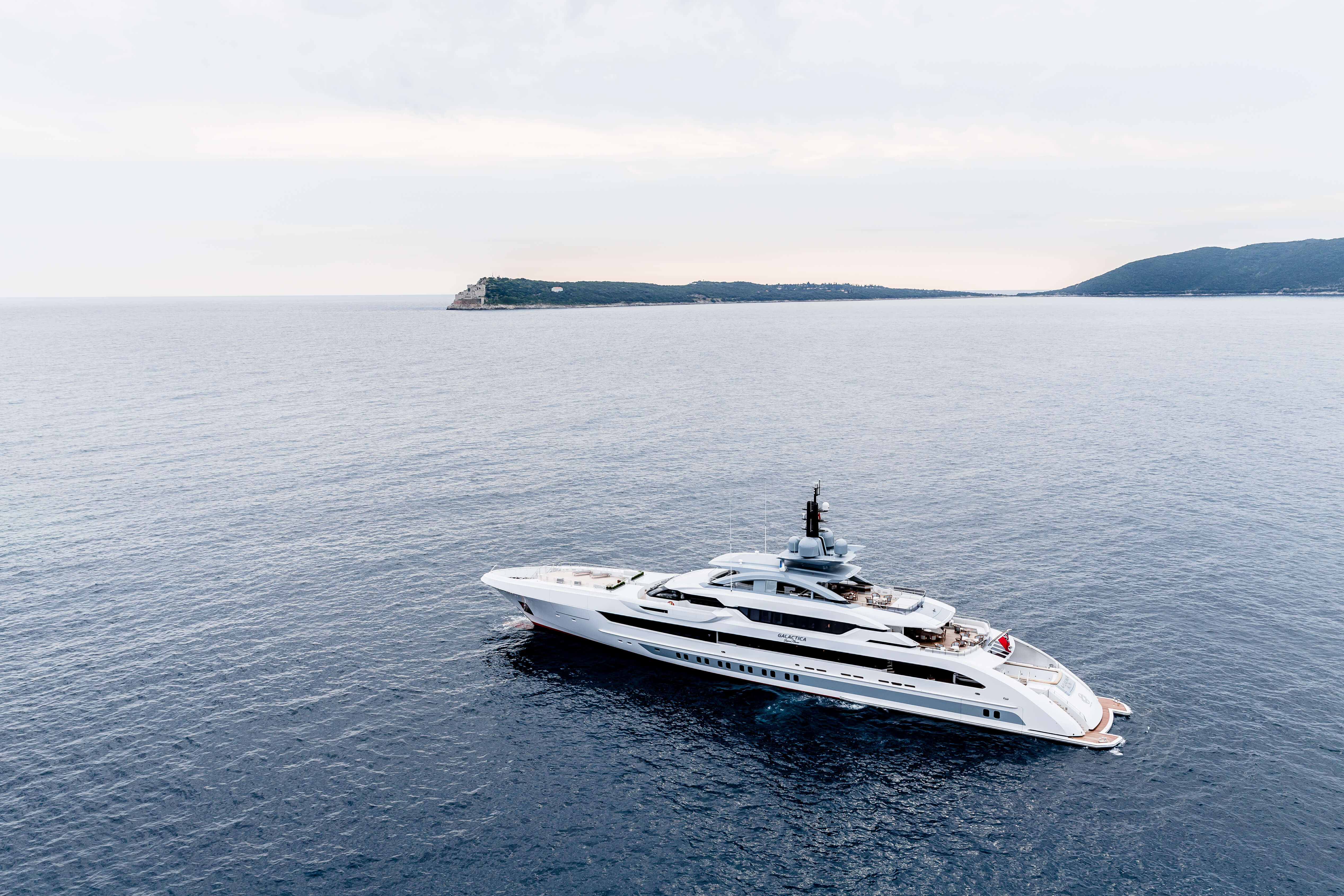
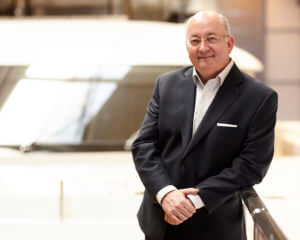
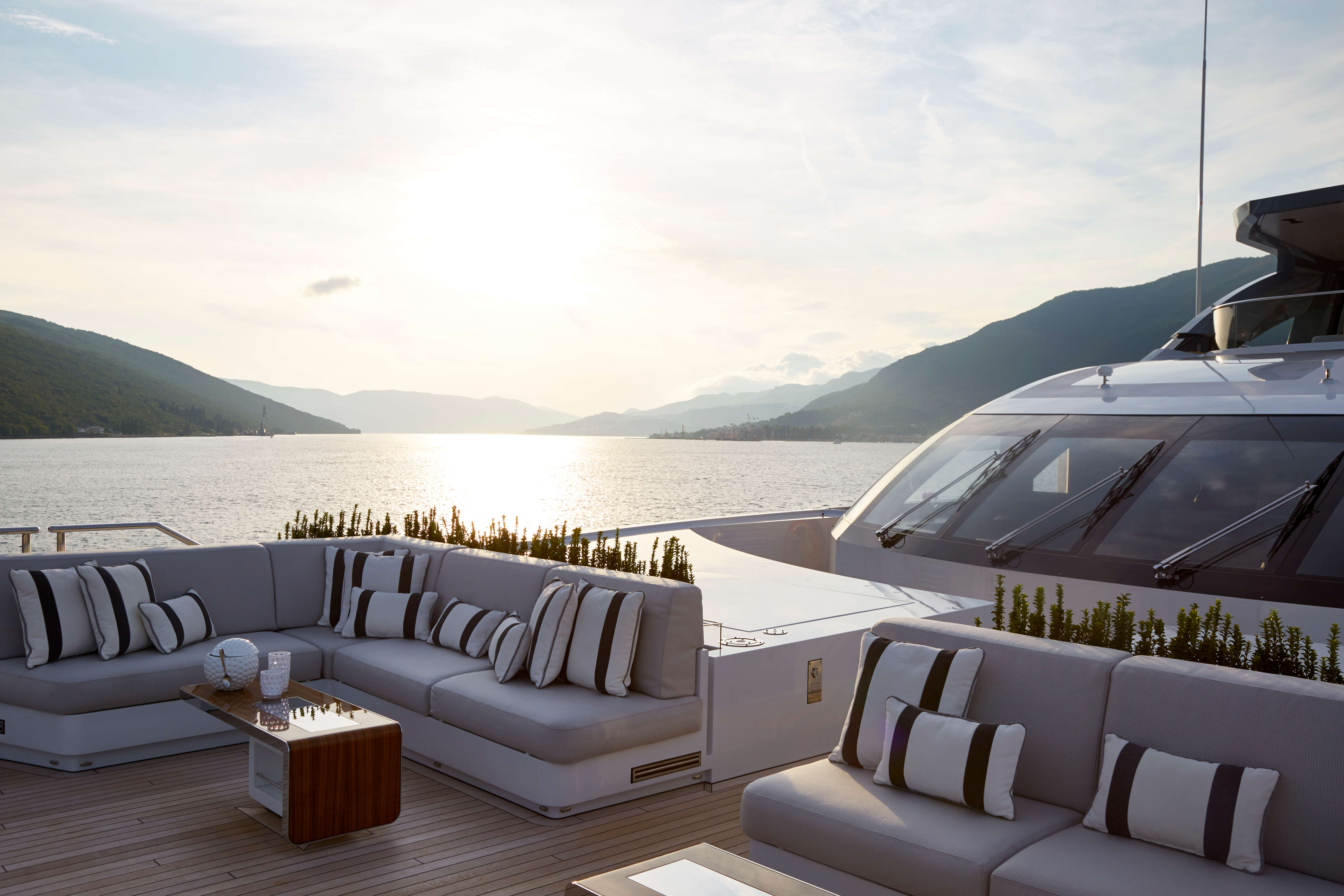
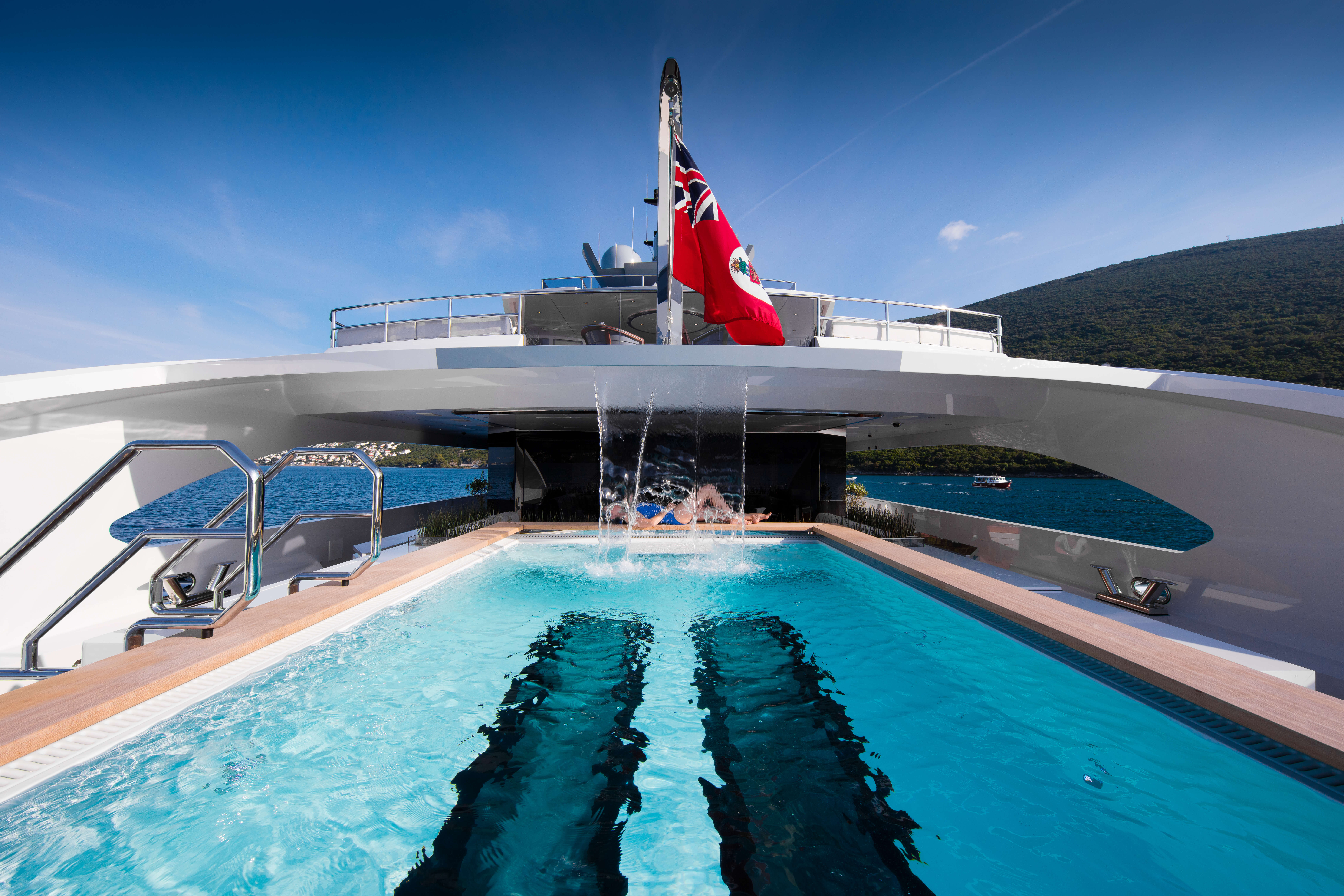

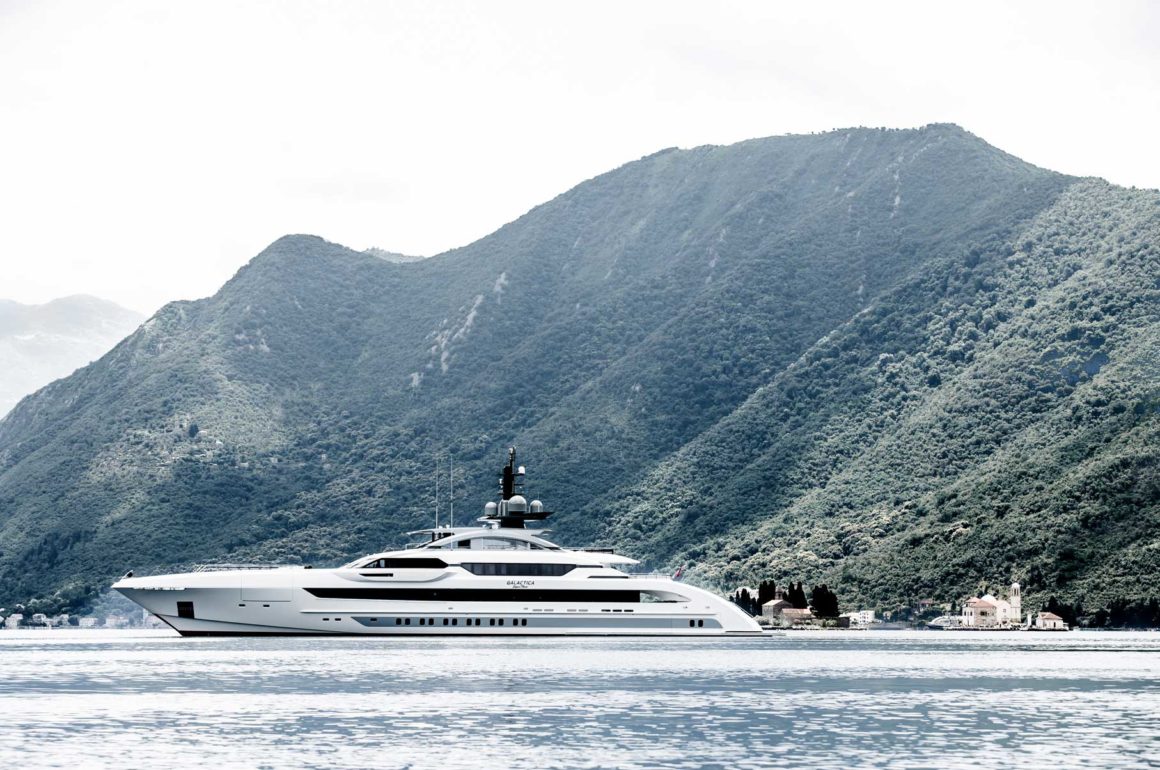
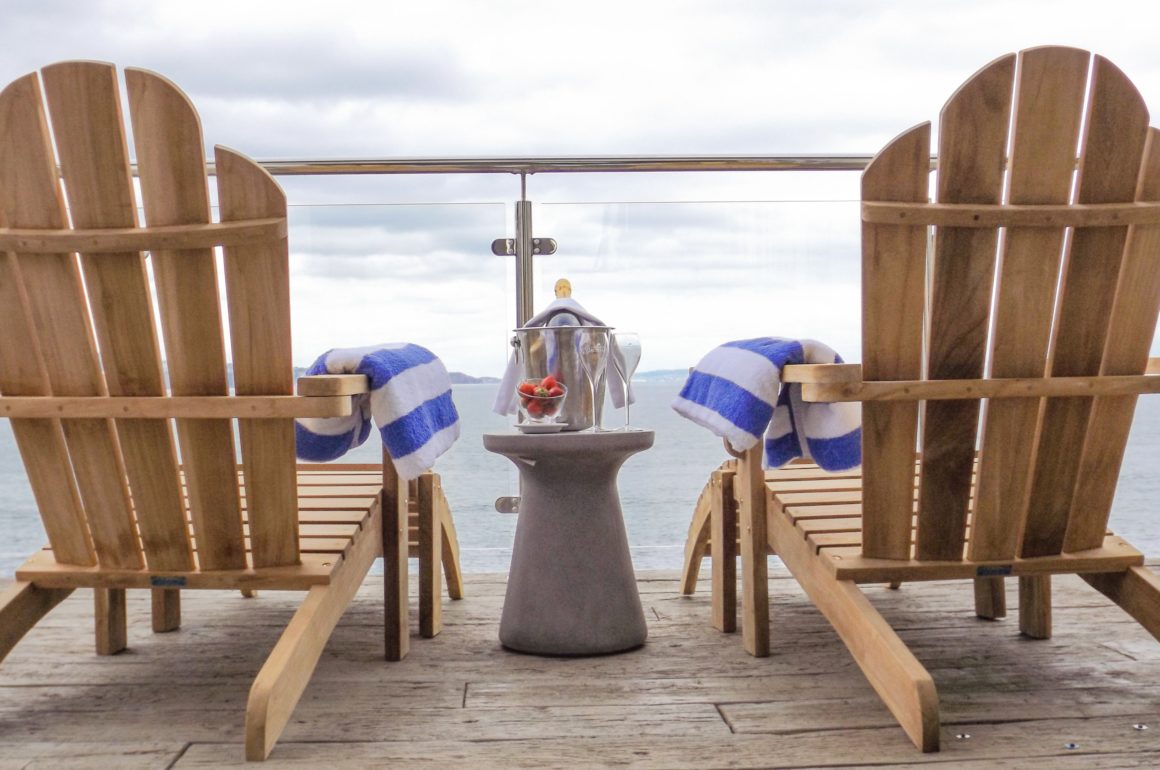
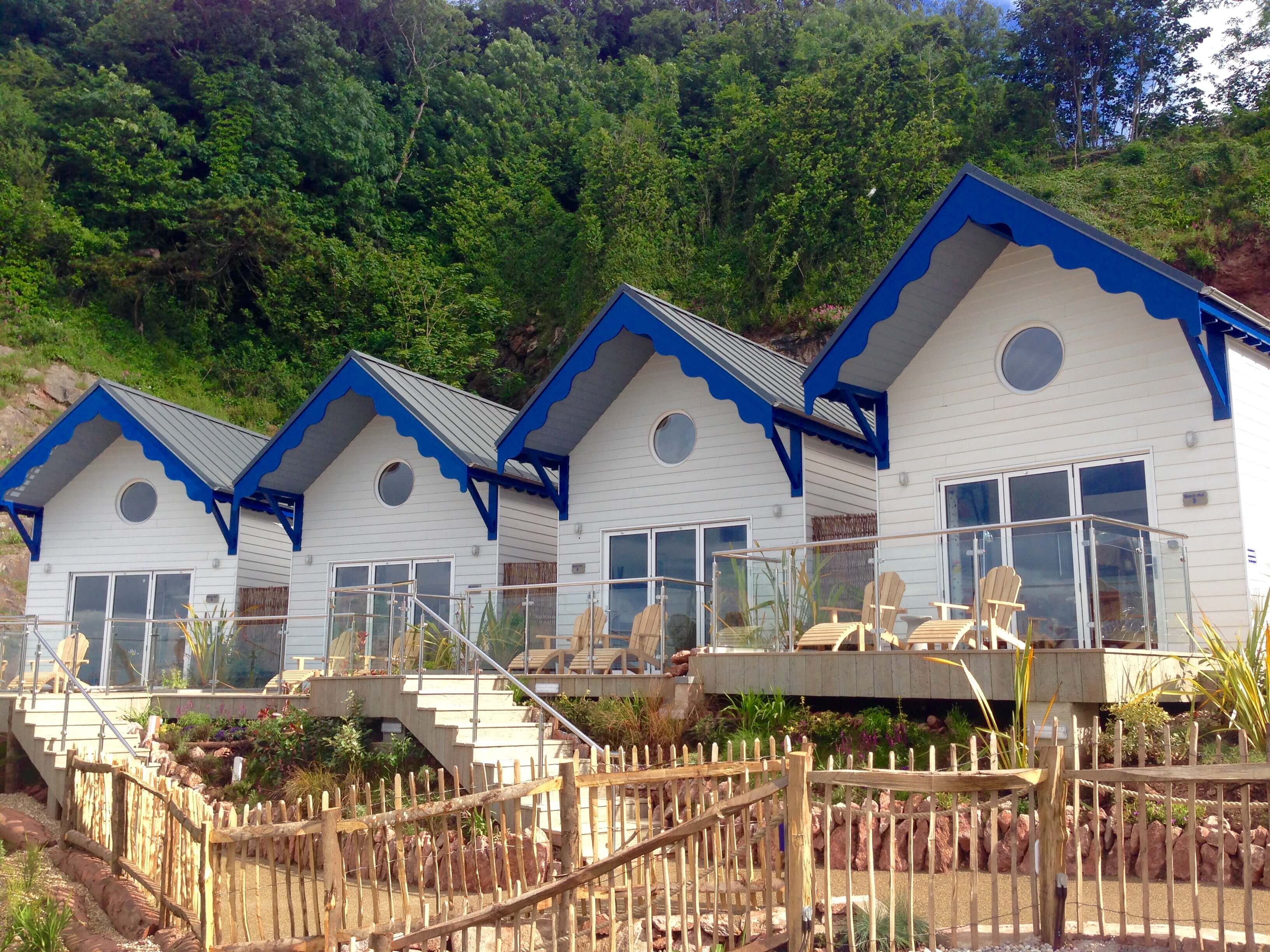
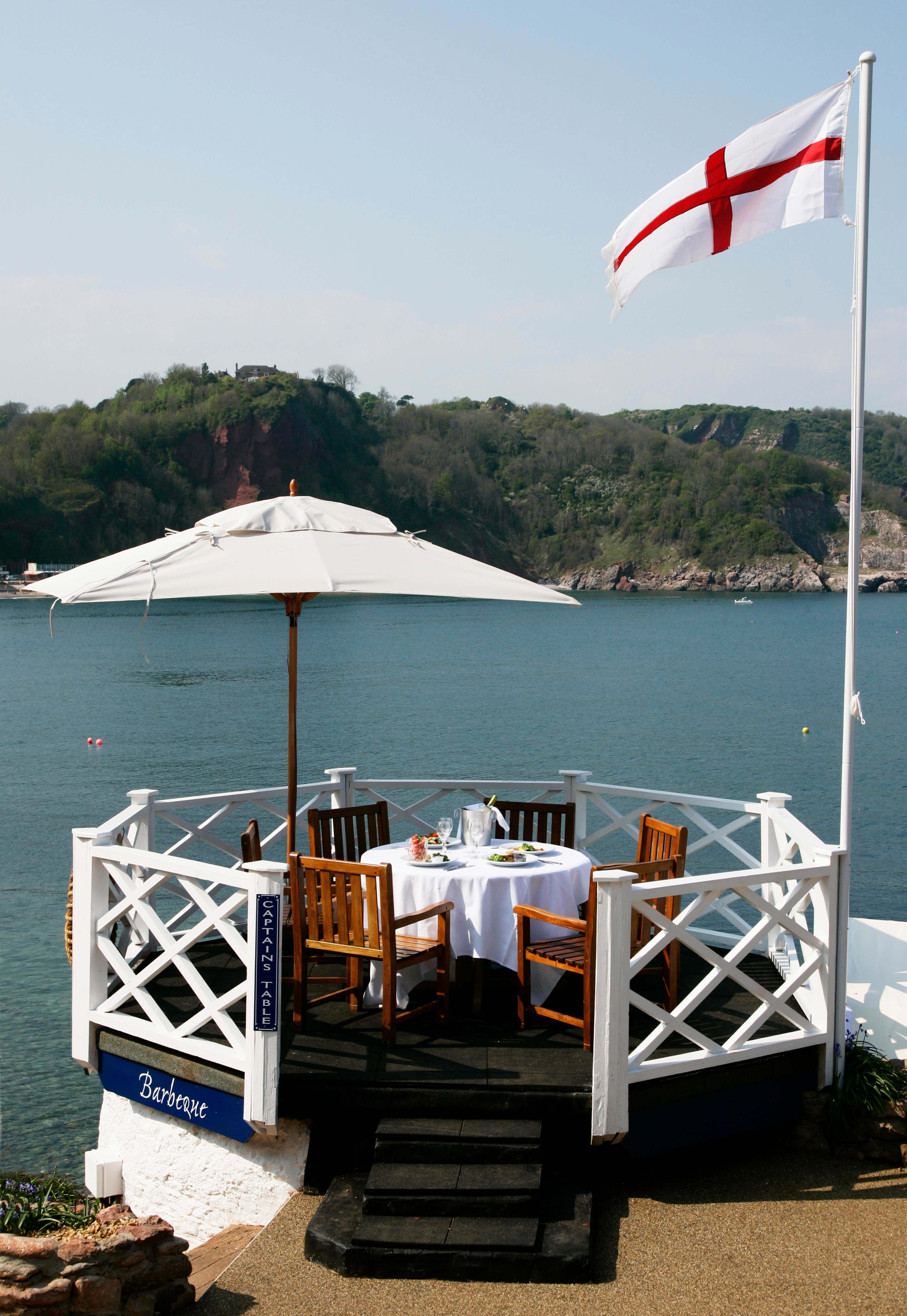

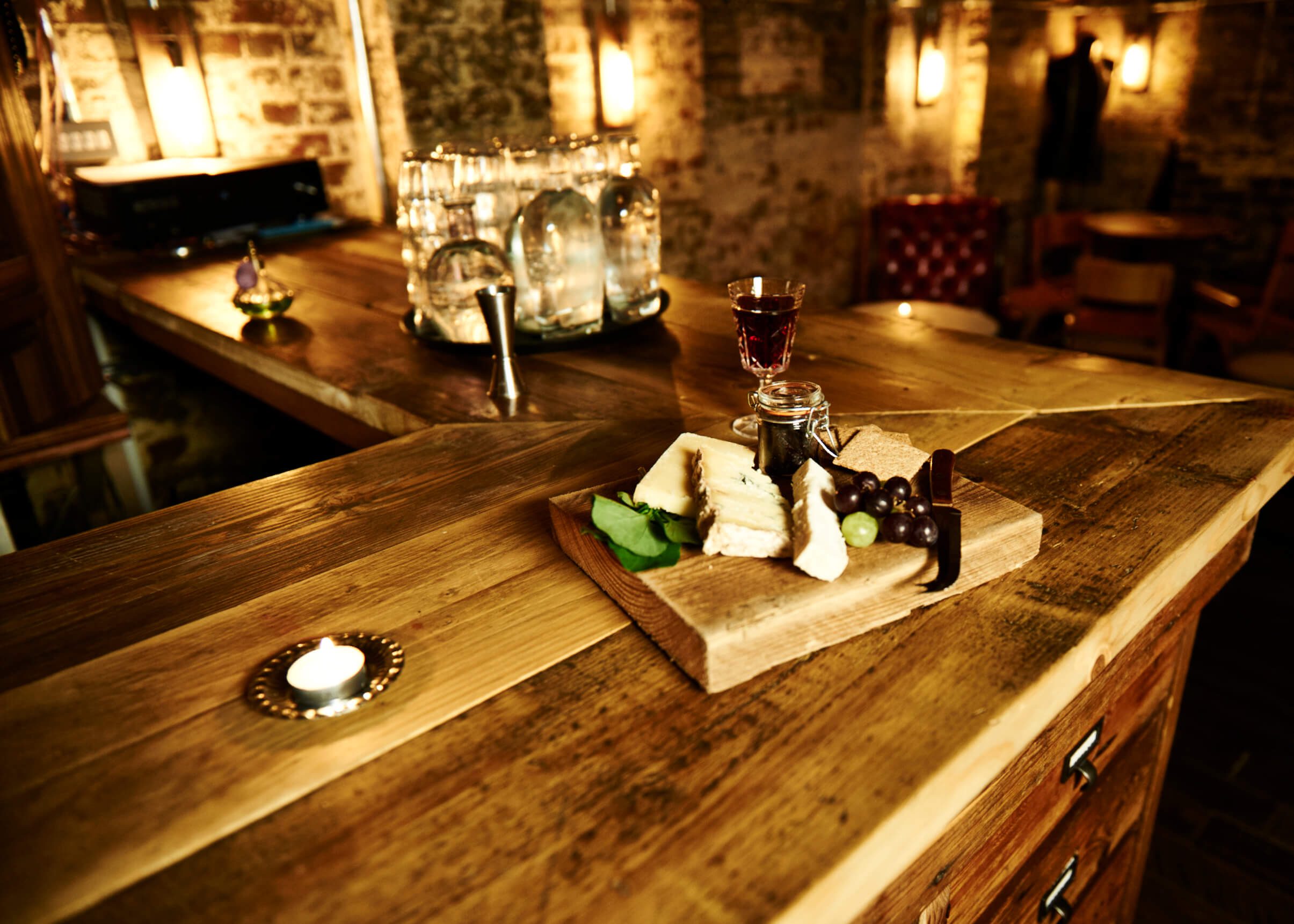
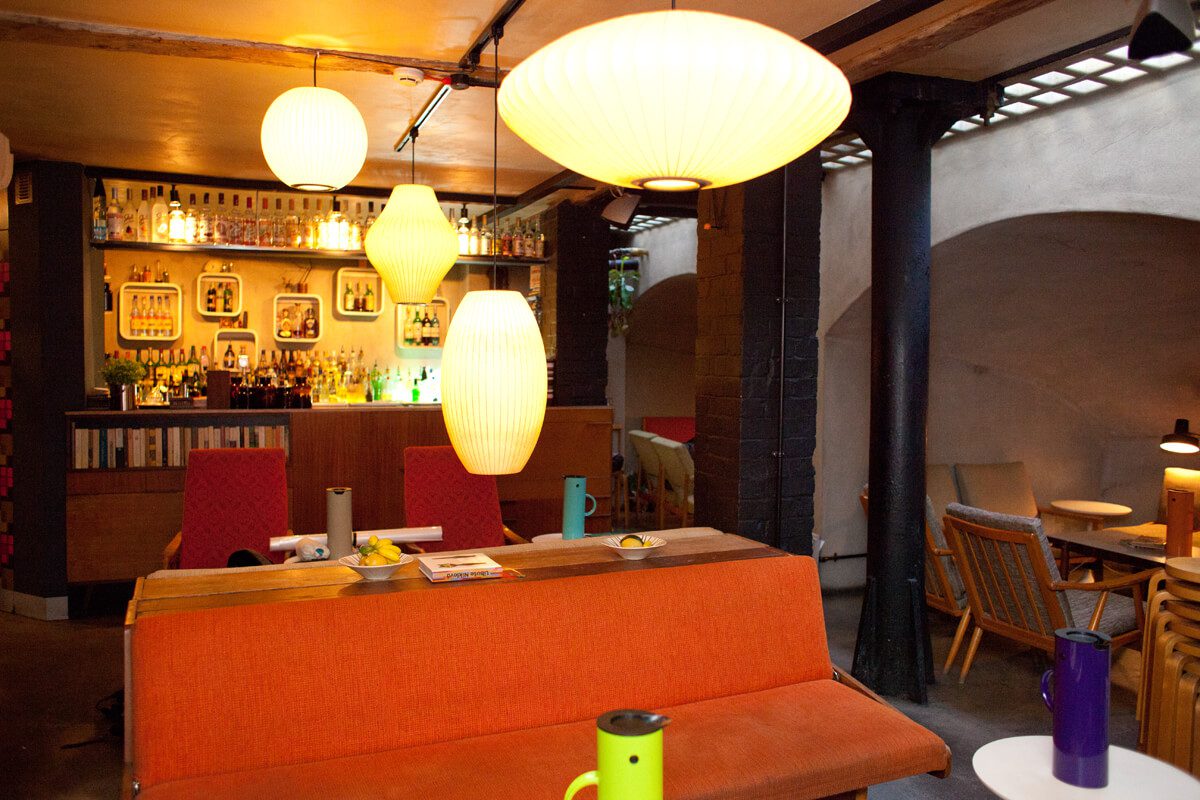

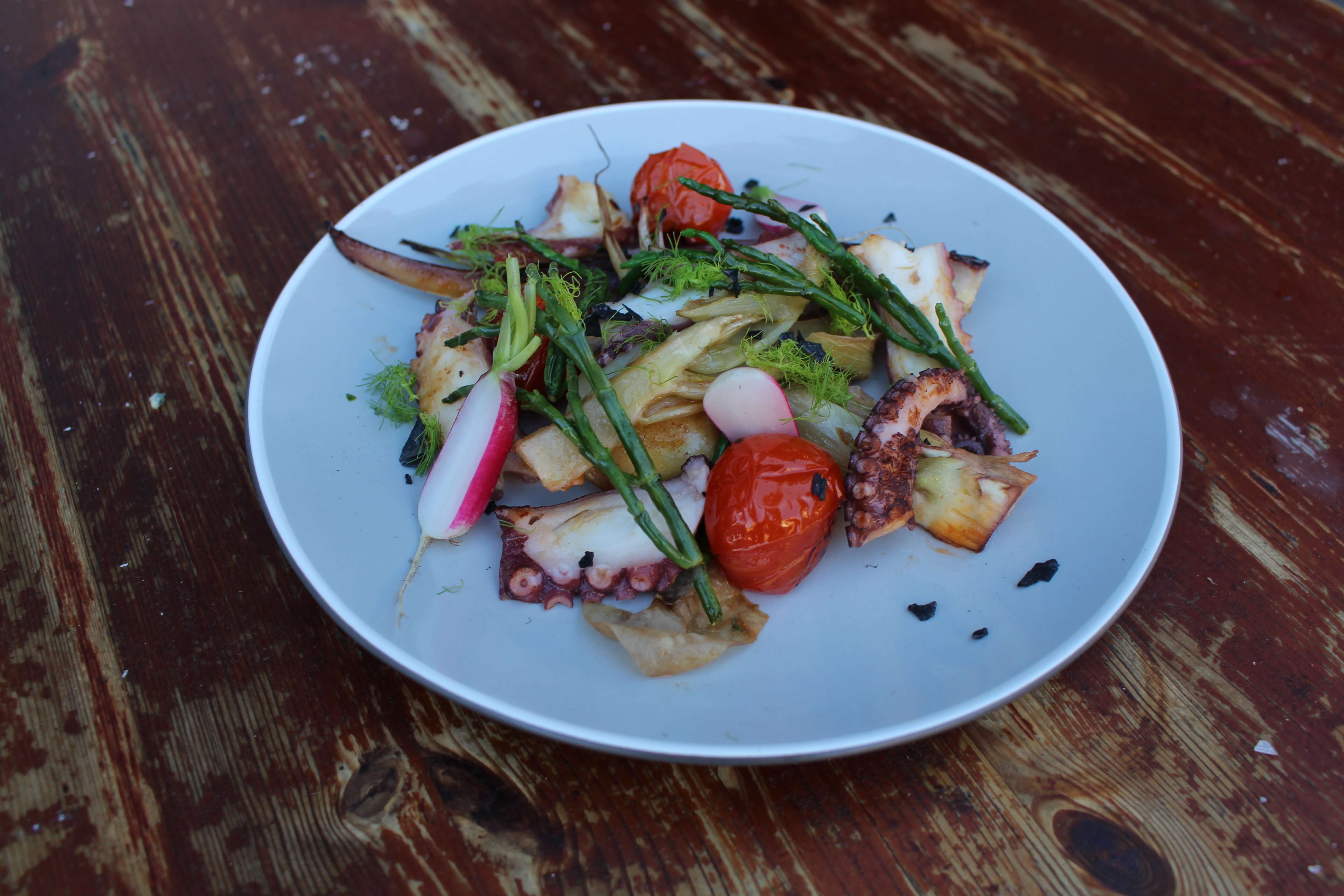

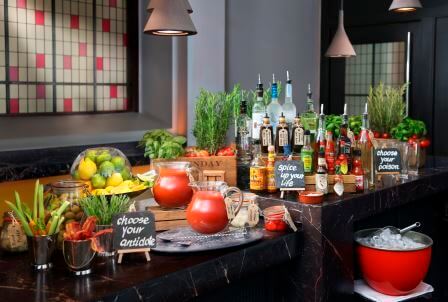





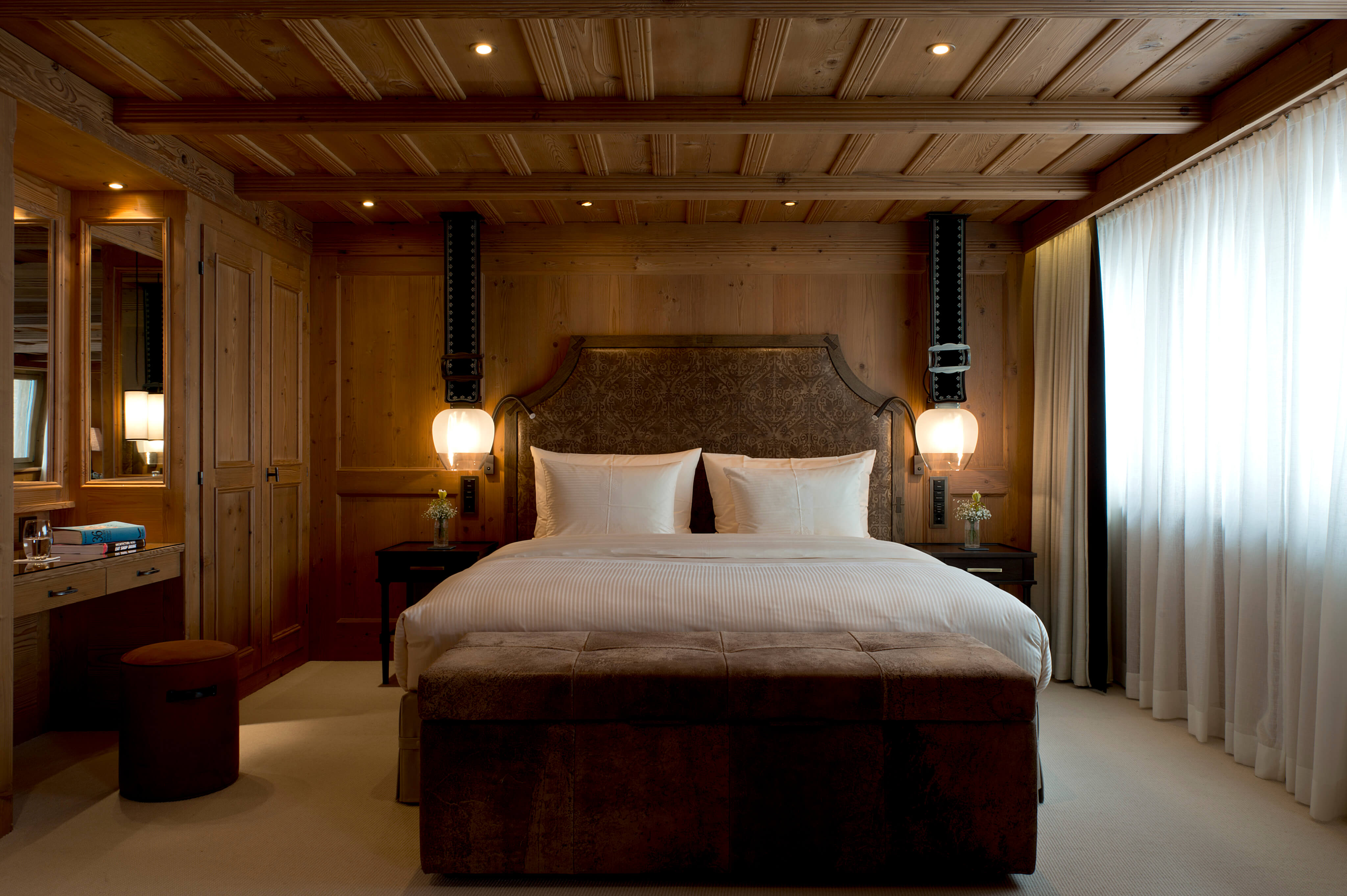
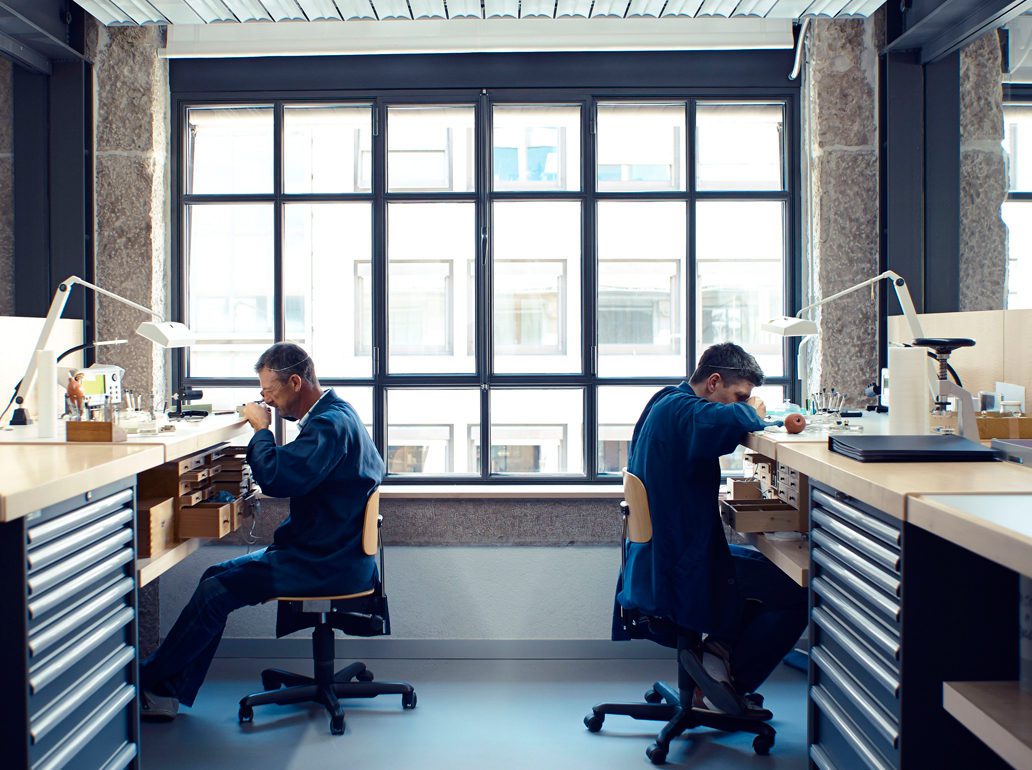
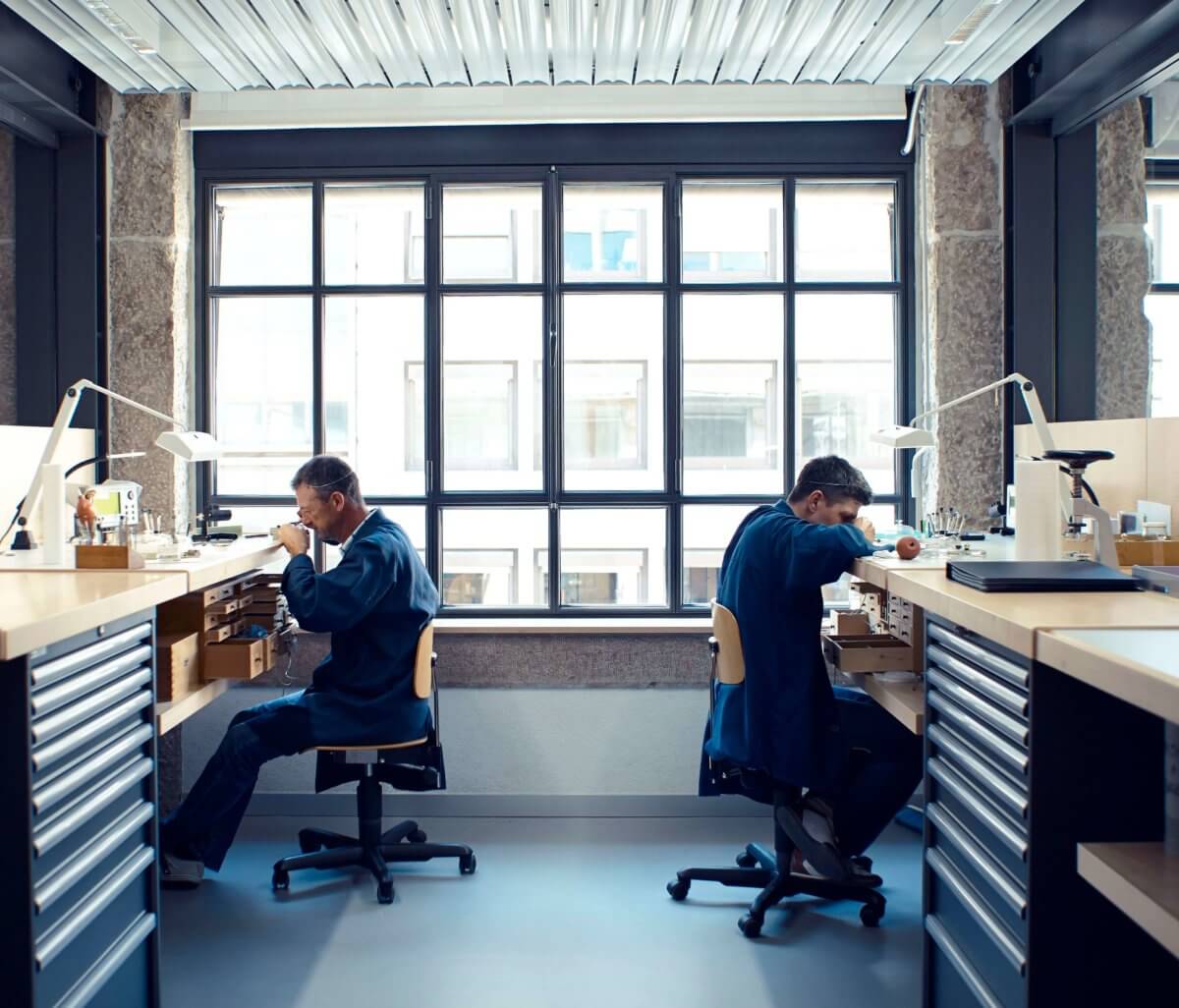

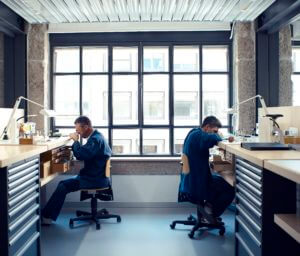
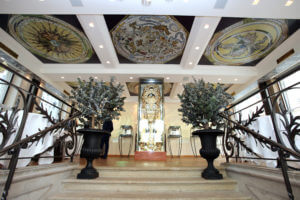
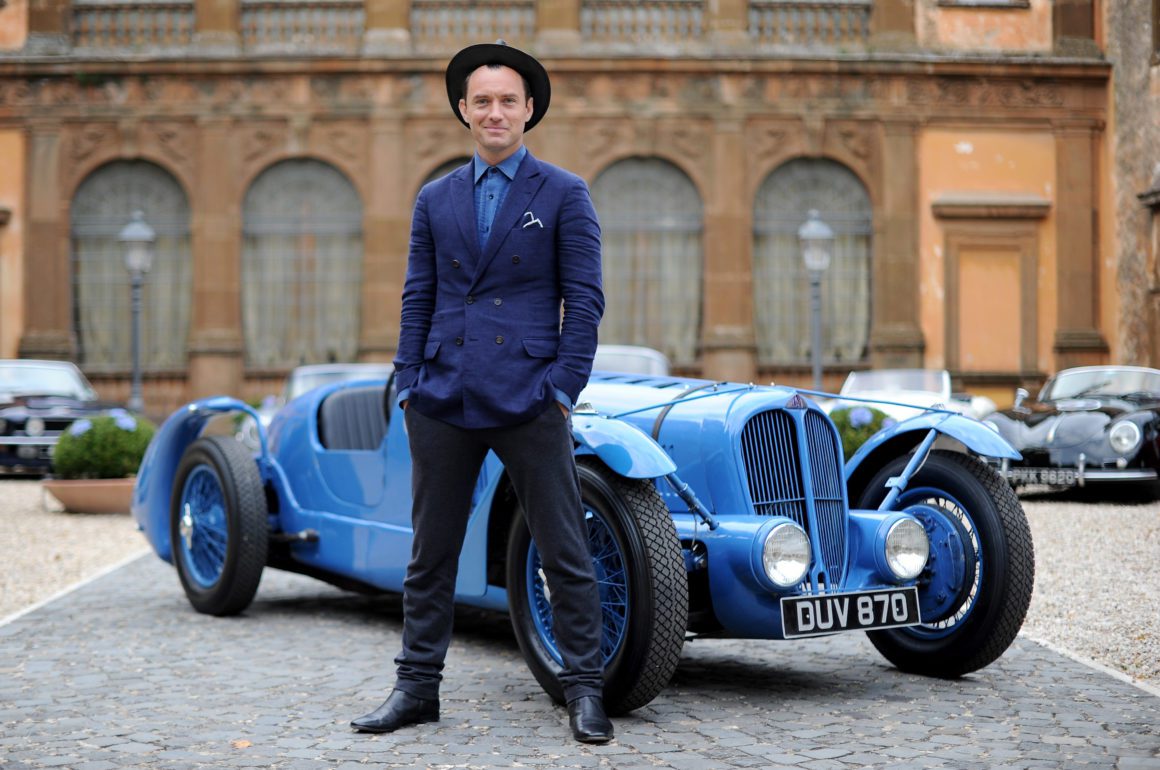








Recent Comments